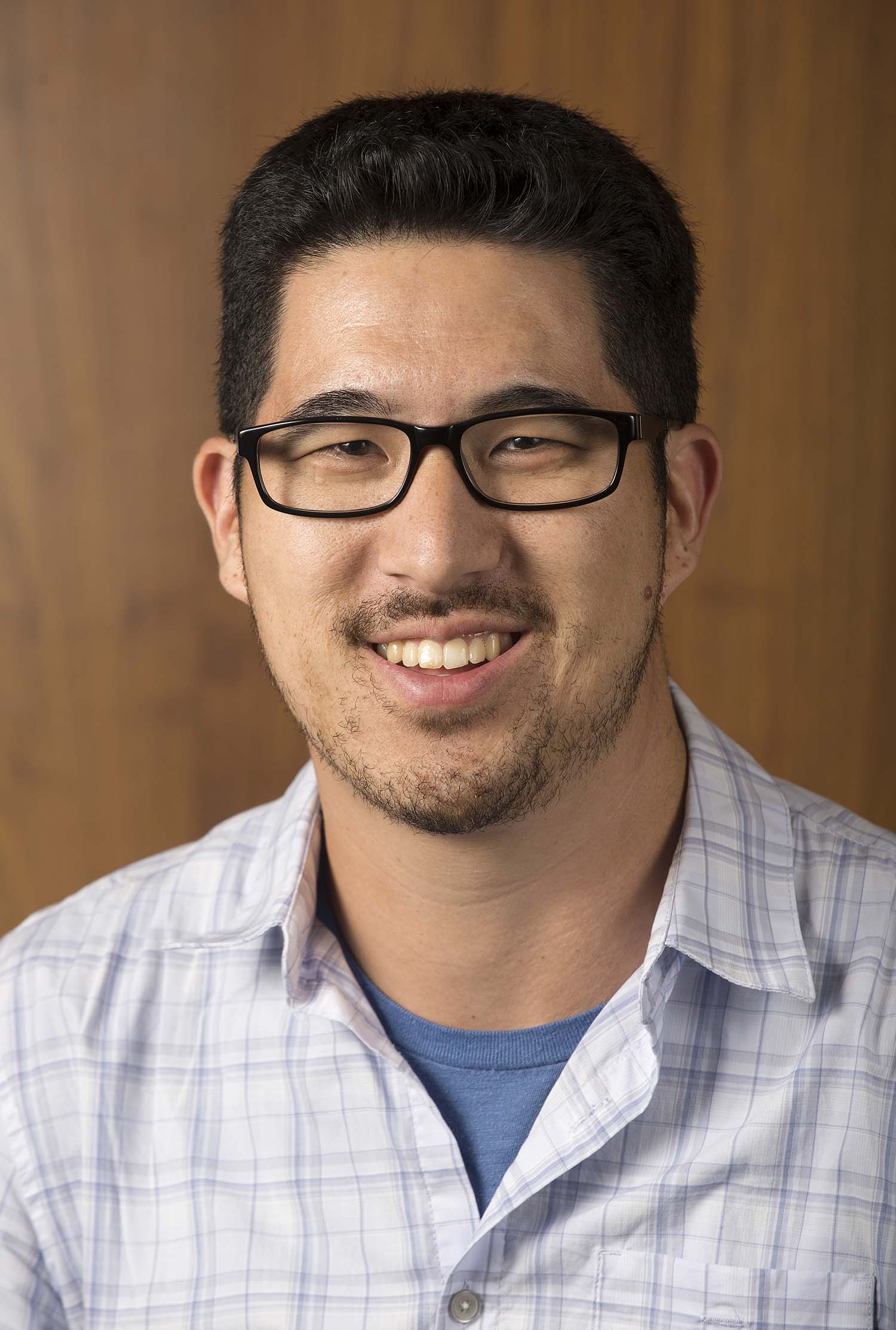Student Engagement and a Culture of Ethics
What's a final grade in 2020?
Jordan’s logged onto his computer, just in time for his fluid mechanics mid-term. Confronted with the first question, he opens Chegg on a web browser and a Discord chat channel where classroom friends are already working to collectively solve the question.
What’ll it take for Jordan to consider taking a more legitimate path?
“Let’s Chegg it.”
The pandemic started the largest social experiment in remote and virtual learning. Second to translating in-class, hands-on curriculum onto a virtual format was maintaining the integrity of a student’s final grade. In many cases, with no mechanism to enforce students to play by the rules come test time, they can make their own.
From K-12 to college, teachers and faculty feel there isn’t a means to completely stop it. No matter the intervention or imposition—writing new exams every semester or locking a student’s computer from accessing a web browser—there’s a non-zero chance of students working around every roadblock to cheat their way to a better grade.
The current conditions of an average learning environment throughout the nation puts an incentive on learning to circumvent a system rather than learning the material being taught. Chegg, the uberpopular service that offers step-by-step answers to questions posted by subscribers, saw its revenue spike once the pandemic forced virtual and remote instruction.
Cheating, or short-circuiting an education in exchange for a grade, obviously isn’t new. Online-only classes existed before the pandemic. The difference is the scale and the continued proliferation of online learning after the pandemic subsides.
What to do, then?
“If all you’re trying to do is band aid all these problems [to minimize cheating], that to me is more like prescribing drugs for a symptom." - Nolan Tsuchiya, Ph.D., mechanical engineering associate professor
Get them motivated
“What I found ultimately, in medical terms, is do you treat the symptoms or the cause?” says Nolan Tsuchiya, Ph.D., associate professor for CPP Engineering’s mechanical engineering department.
“If all you’re trying to do is band aid all these problems [to minimize cheating], that to me is more like prescribing drugs for a symptom. Instead, if I can engage students more and make them care for the content more to have a general interest in the material, they’ll be wanting to put in the work and put in more effort.”
 Motivation and engagement is Tsuchiya’s prescription. The research suggests this to be the case. A study in Germany found that a student’s ability to positively self-assess their knowledge and learning ability was the great motivational predictor of a student’s grade. Another study in 2019 found that online students had lower motivation compared to in-person students, but more importantly, performing well in the class was a far more important motivator than whether or not the class was online.
Motivation and engagement is Tsuchiya’s prescription. The research suggests this to be the case. A study in Germany found that a student’s ability to positively self-assess their knowledge and learning ability was the great motivational predictor of a student’s grade. Another study in 2019 found that online students had lower motivation compared to in-person students, but more importantly, performing well in the class was a far more important motivator than whether or not the class was online.
In short, it’s important a student believes in themselves, and that their belief translates into a good grade. In theory, the two elements in tandem create a cycle of motivation to do their best.
Pictured: Nolan Tsuchiya, Ph.D., mechanical engineering associate professor.
The primary variable
Above all, faculty have some of the greatest influence in driving motivation. Tsuchiya puts his theory into practice using a combination of pre-recorded lectures prior to meeting online in Zoom. These live meetings act as open-ended discussions for students to ask questions and check in with each other. The former has Tsuchiya free-handing notes on a tablet, showing his thinking to his students in real-time. The latter lets Tsuchiya understand the attitudes and needs of the classroom, adjusting the timing of midterms and quizzes if needed.
“Trying to learn online is the most I’ve struggled with in terms of motivation,” says Sarah Ragle, one of Tsuchiya’s students. “It comes down to the professor’s attitude and really caring.”
Laura Niedringhaus, another one of Tsuchiya’s students, echoes that sentiment.
“If I see the effort of a professor trying their best in an online environment, then it makes me more participatory,” she says.
Both Ragle and Niedringhaus have observed that relative to their other online classes, Tsuchiya’s classes tend to have more student cameras on—about 5 to 6. That doesn’t sound remarkable, until you know the relative comparison is zero in their other classes.
No doubt regulations and restrictions have their place in curbing bad actors from cheating their way to a grade, which online learning makes easier. But rather than depending on these tools, it’s the fundamental task of being an engaging teacher that gets students through a learning environment that’s been forced upon them.